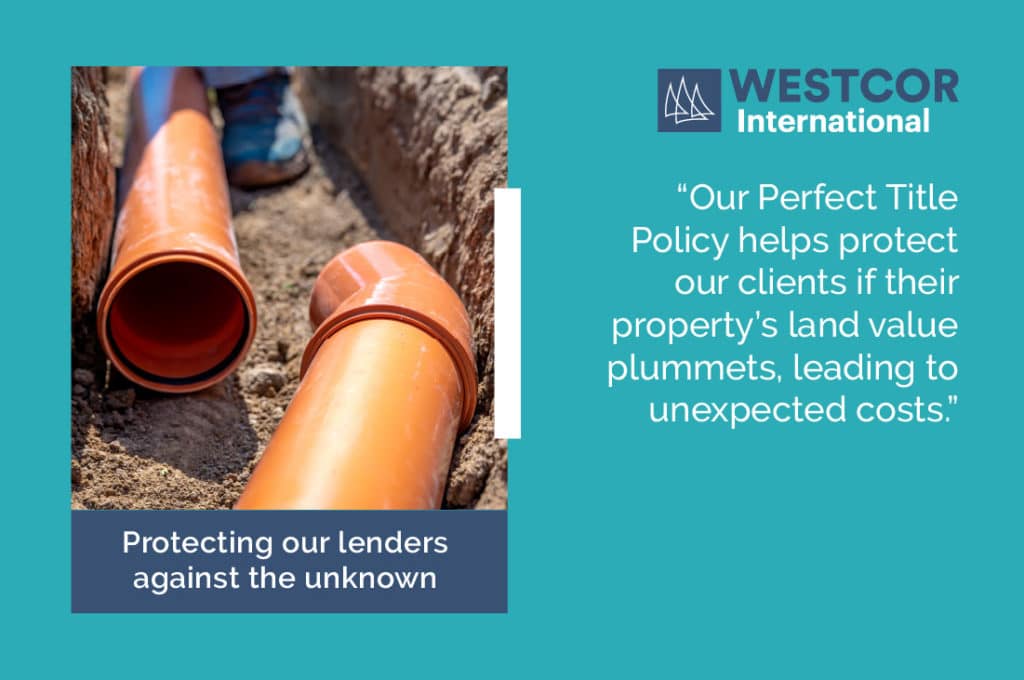Protecting our lenders against fraudulent borrowers

Image: Protecting our lenders against the unknown
What triggered the claim?
The Lender was approached by Mr M for a short term loan to be secured as a second charge against the Property he jointly owned with his mother, Mrs Y.
Once the loan was complete, Mrs Y would relinquish her interest in the property and Mr M would become the sole owner. Mr M was living at the property with his wife and Mrs Y and confirmed that they would be letting the property out and produced a tenancy agreement to reflect this.
Six months later, Mr M defaulted on the loan.
The lender discovered that not only was Mr M still living at the property, but Mrs Y alleged that she had no idea why the property was no longer in her name, that she didn’t know the solicitors who had acted on her behalf and that she did not understand the documents Mr M had asked her to sign.
So, what next?
Mrs Y was a 90-year-old widow whose first language was not English. She confirmed that she had been led to believe that the documents she was signed were simply a re-mortgage which Mr M had assured her was necessary to raise funds to protect their family and his business.
This was quite a serious accusation and not one that our Lender client took lightly. Proceedings had been issued prior to these allegations coming to light with a view to the Lender taking possession of the property. Mrs Y naturally argued that the transfer of the Property into Mr M’s name should be set aside given that she did not know what she was being asked to sign.
It was agreed that running the matter trial was not the best course of action given Mrs Y’s age and inability to communicate well in English.
What was the outcome?
The lender was paid in full for the outstanding loan.
Titlesolv has gone on to consider our rights of recovery and this aspect is ongoing.
Whilst the proceedings were set aside, we have subrogated our rights under the policy and secured confirmation that when the property is eventually sold, we will be entitled to 50% of Mr M’s share of the proceeds.
In addition, given the allegation that the same solicitors acted for both Mr M and Mrs Y (who should have received independent legal advice) those solicitors are on notice of a claim for failing to advise the lender about the risk of undue influence or to take steps to ensure that Mrs Y received advice in her home language.





